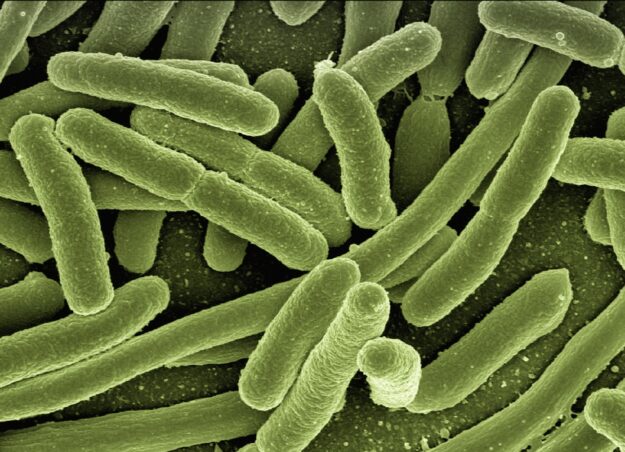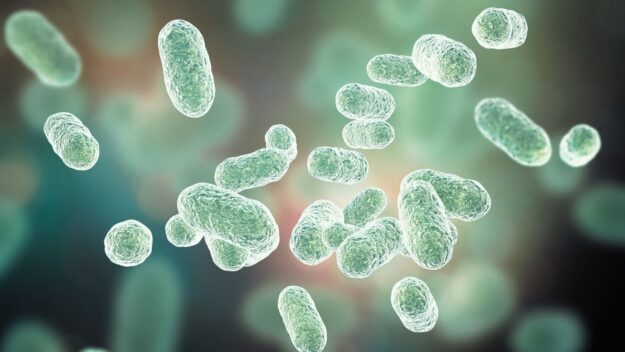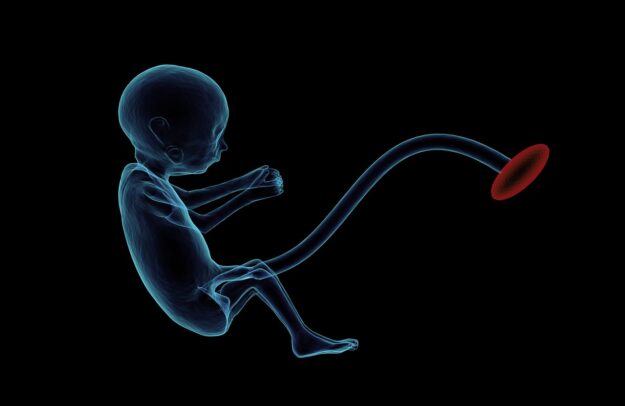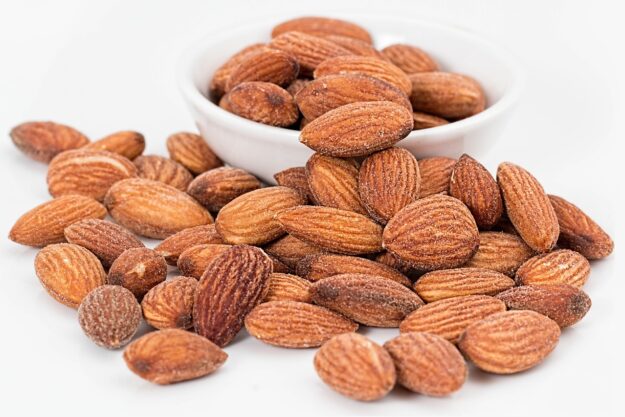Probiotics, prebiotics and postbiotics: The microbe garden in your gut
Probiotics, prebiotics and postbiotics: The microbe garden in your gut Think of your gut microbiome as an intestinal garden, teeming with trillions of bacteria, viruses and fungi that play a crucial role in your health. Whether the beneficial microbes in your gut are flourishing or getting crowded out by unwelcome guests largely depends…













